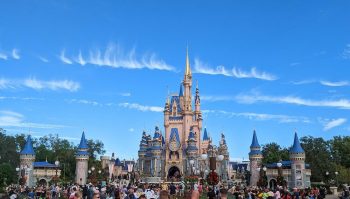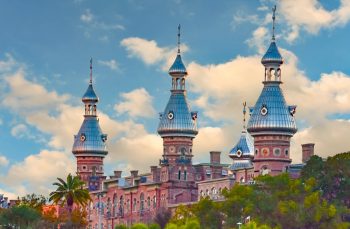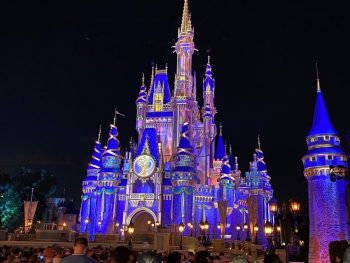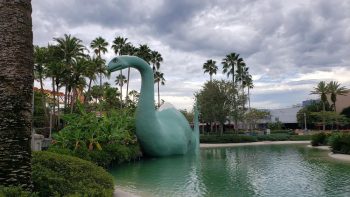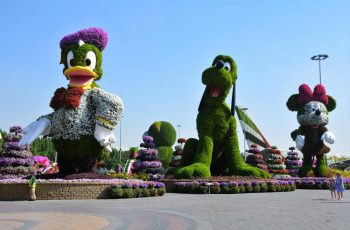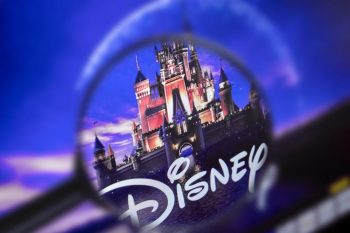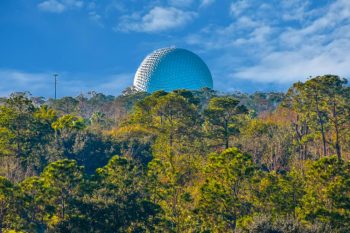
Disney World is known worldwide as the place where dreams come true. But beyond the magic, the rides, and the characters, there’s a unique aspect to Disney World that many may not be aware of – its special status. This special status, granted in 1967, has allowed Disney World to function as its own county government, giving it significant autonomy and control over its operations.
Disney World’s special status refers to its unique governing and tax structure, granted under the Reedy Creek Improvement District in 1967. This status allows Disney World to operate with significant autonomy over its 25,000-acre property, including providing its own municipal services and bypassing certain local regulations. However, this special status has also led to controversies and may impact Disney World’s future operations and its relationship with the state of Florida.
The Special Status of Disney World
Disney World’s special status refers to its unique governing and tax structure. This status, established under the Reedy Creek Improvement District, allowed Disney to operate with a high level of autonomy over its 25,000-acre property. The district was responsible for providing municipal services like power, water, roads, and fire protection. It also allowed Disney World to skirt local rules and building codes, and gave the company the power to issue tax-exempt bonds and approve development plans without scrutiny from certain local regulators.
Historical Impact of Disney’s Special Status
The special status of Disney World has had several noticeable impacts throughout its history. For instance, it has allowed Disney to manage the massive infrastructure required for the park, including roads, buildings, and services, without asking for permission from county governments. In the 1990s, Disney’s special status came under fire for allowing Gay Day, an event that sparked controversy among religious groups. More recently, the special status played a role in the company’s response to COVID-19, allowing it to mandate measures that went against state policies.
Controversies and Criticisms
Despite the benefits, Disney World’s special status has been a source of controversy and criticism. The most recent controversy arose when Florida Governor Ron DeSantis revoked Disney’s special status following the company’s criticism of the state’s “Don’t Say Gay” legislation. Critics argue that the revocation was politically motivated and could impose a financial burden on local taxpayers.
Impact on Local Economy and Community
Disney World’s special status has a significant impact on the local economy and community. On the one hand, it contributes billions annually to Florida’s economy and creates thousands of jobs. On the other hand, the recent changes in Disney’s special status could increase the financial burden on local taxpayers, who may now be responsible for providing services previously covered by Disney.
The Future of Disney’s Special Status
Disney World’s special status has been threatened and changed recently. Despite these changes, Disney remains committed to investing in Florida, with plans to invest billions in the Walt Disney World hub over the next decade. However, the company’s relationship with the state government remains tense, and further changes to Disney’s special status could occur in the future.
Conclusion
Disney World’s special status is a unique aspect of its operations that has both benefits and drawbacks. It has allowed the company to operate with significant autonomy and flexibility, but has also led to controversies and conflicts with local governments and communities. As Disney World continues to evolve, it remains to be seen how its special status will impact its future operations and its relationship with the state of Florida.
Remember, Disney World is more than just a theme park – it’s a complex entity with its own unique status and challenges. So, the next time you pass through the gates into the magical world of Disney, remember that there’s more to the magic than meets the eye.
Frequently Asked Questions
What is the “Don’t Say Gay” legislation?
The “Don’t Say Gay” legislation is a controversial bill in Florida that restricts discussions of sexual orientation and gender identity in primary schools. Disney criticized this bill, leading to tension between the company and the state government.
What is the Reedy Creek Improvement District?
The Reedy Creek Improvement District is a special taxing district created in 1967 that essentially gives Disney World the authority to act as its own government in some respects. It covers the land of the Walt Disney World Resort and allows Disney to provide its own services, like power and water, and to skirt certain local rules and regulations.
How did Disney’s special status affect its response to COVID-19?
Disney’s special status allowed it to mandate measures within its park that might have gone against state policies. This could include things like mask mandates or capacity restrictions, which were controversial in Florida during the pandemic.
What kind of services does Disney provide under its special status?
Under its special status, Disney provides a variety of services typically provided by municipal governments. This includes things like power, water, roads, and fire protection.
How does Disney’s special status impact local taxpayers?
Disney’s special status allows it to provide its own services and skirt certain local rules, which can relieve some of the burden on local taxpayers. However, if Disney’s special status were revoked or changed, local taxpayers might have to shoulder more of the cost for these services.

